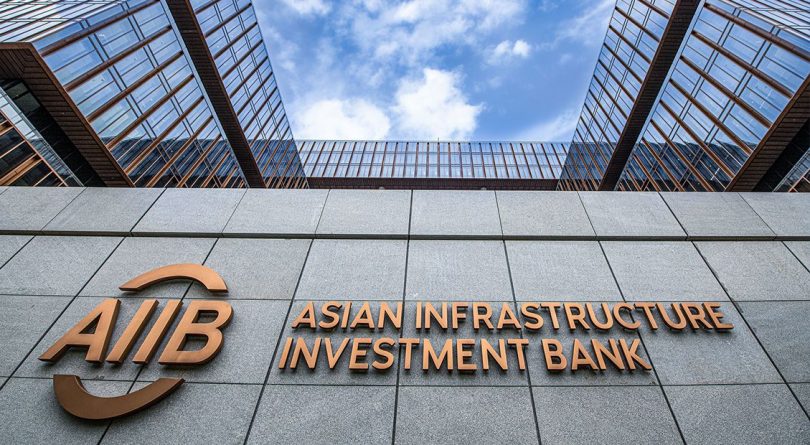KATHMANDU: The Asian Infrastructure Investment Bank (AIIB) has affirmed Nepal as a top priority for investment.
During a meeting with Finance Minister Barshaman Pun, a high-level delegation from AIIB conveyed this commitment, as reported by the Minister’s Secretariat.
Finance Minister Pun urged AIIB to escalate its investment in Nepal’s infrastructure development and other key projects.
In response, AIIB Director RMP Rathnayake, leading the delegation, commended Nepal’s efforts in investment policy reforms and enhancement. He pledged to increase investment in Nepal based on resource availability.
Minister Pun also advocated for AIIB’s partnership with Nepal’s private sector, aligning with its policy to mobilize 50 percent of its capital in collaboration with the private sector.
In response, Rathnayake suggested exploring collaboration with Nepal’s private sector through the selection of multi-year projects.
Furthermore, Minister Pun invited AIIB to participate in the Third National Investment Summit scheduled for April 28-29. Director Rathnayake assured high-level participation from AIIB in the summit.
Minister Pun seized the opportunity to urge AIIB to provide concessional loans to Nepal and other middle-income developing countries.
He highlighted Nepal’s challenges in benefiting from AIIB investments due to relatively high interest rates, despite being a founding member.
Emphasizing Nepal’s focus on infrastructure development, hydroelectricity, tourism, and information technology sectors, Minister Pun urged AIIB to invest in areas of mutual benefit.
He informed the delegation about Nepal’s plans to export electricity to Bangladesh and its aspiration to graduate from a least developed country to a developing country by 2026.
Furthermore, Minister Pun sought AIIB’s support in mobilizing climate change finance for Nepal’s development projects.
AIIB has already invested $40 million in the under-construction 216-MW Upper Trishuli-1 hydroelectricity project and in some under-construction transmission lines in Lumbini and Karnali provinces.









Comment